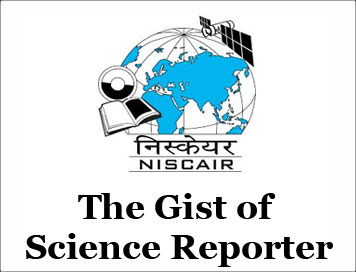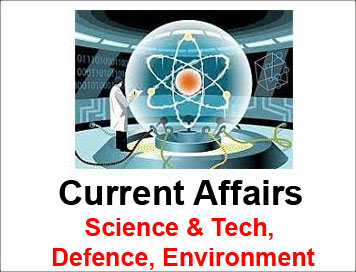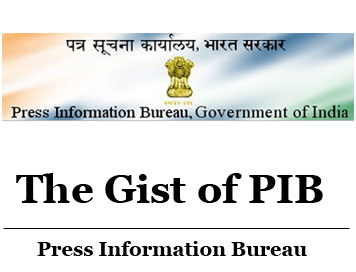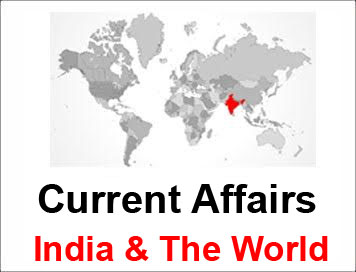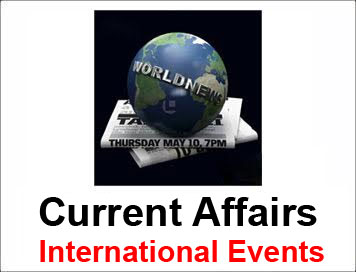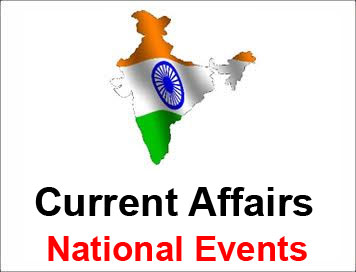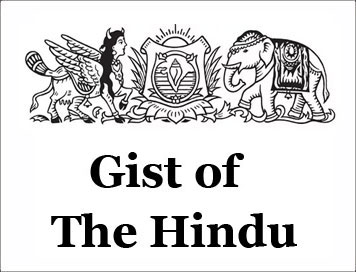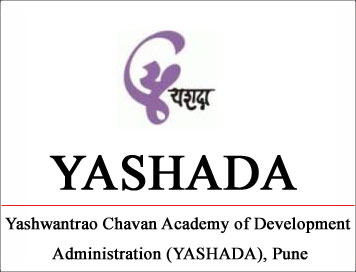
Download Yashada (Free Coaching for IAS Exams) Entrance Test
Papers 2015-2016
Exam Name: Yashada (Free Coaching for IAS Exams) Entrance Test
Papers
Year: 2015-2016
File Type: PDF
Yashada CET Exam papers
PART – I
Question no. 1 : In a land mark historic judgement on 14 September 2015, the
Delhi High Court, passed which of the following verdict?
1) Acceptance of same gender marriages.
2) Permanent commission of women in the Navy.
3) An unwed mother can claim guardianship of her child without disclosing name
of the father.
4) Recognition of the right to negative vote for the electorate in the country.
Question no. 2 : Arrange the following states according to the decreasing order
of their underground water resources.
1) Punjab – Telangana – Assam – West Bengal
2) Telangana – Assam – West Bengal – Punjab
3) Assam – West Bengal – Punjab – Telangana
4) West Bengal – Punjab – Assam – Telangana
Question no. 3 : Any expenditure charged on the consolidated fund of India needs
the approval of the ........
1) Parliament 2) Prime Minister
3) Cabinet 4) NITI Commission
Question no. 4 : Which of the following statement/s is/are correct?
a) Textile industry contributes about 14% to India’s industrial production and
13% to the country’s export earnings.
b) The decentralized power looms, hosiery and knitting sectors form the largest
section of the Textiles Industry.
c) Online sale of handloom products is banned.
1) only b
2) b and c
3) a and b
4) a and c
Question no. 5 : World Health Organisation (WHO) released the Global status
report on road safety 2015 on 19th October 2015. Consider the statements in
relation to the report. Which of these statements are true?
A) In the last three years 79 countries have seen a decrease in the absolute
number of fatalities while 68 countries have seen an increase.
B) Worldwide the total number of road traffic deaths have gone up to 1.50
million per year.
C) The report has been prepared from information of 180 countries.
1) A and B
2) B and C
3) All A, B, and C
4) A and C



